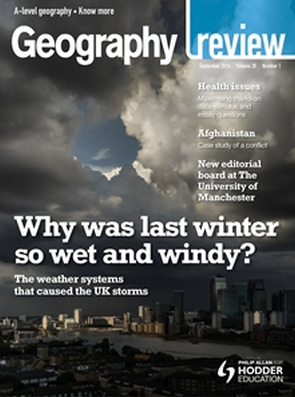

In ten chapters and ten maps, Prisoners of Geography looks at the past, present and future to offer an essential insight into one of the major factors that determines world history. If you've ever wondered why Putin is so obsessed with Crimea, why the USA was destined to become a global superpower, or why China's power base continues to expand ever outwards, the answers are all here. Yes, to follow world events you need to understand people, ideas and movements - but if you don't know geography, you'll never have the full picture. Their choices are limited by mountains, rivers, seas and concrete. All leaders are constrained by geography. ON THE RUSSIA/UKRAINE CRISIS - What is driving Russia's foreign policy? Why do Putin's actions mirror those made in the past? Prisoners of Geography analyses the geographic weaknesses and historical invasions of Russia's territories, exploring how they have ultimately shaped the decisions of its leaders past and present. Ten Maps that tell you everything your need to know about global politics - the million copy international bestseller Geography shapes not only our history, but where we're headed. We will rebind this book after purchasing from the original Publisher/Distributor. We are bringing this book for our Elite readers in our Unique Premium Leather Bound. It is a Bestselling Title, recommended by many readers around the Globe. Few of Marshall’s explanations for the decline of territorial conflict - among them the risks of nuclear war, the rise of globalization and economic interdependence, and the contention that human society has generally become more civilized and rational - have much to do with geography.Premium Leather Bound. When countries do fight over territory today, the battles are strictly limited: Consider troops from India and China, two nuclear-armed superpowers, going at it, by mutual agreement, with rocks and metal rods on their disputed Himalayan border.


The exceptions - Russia’s incursions into its post-Soviet neighbors, China’s threats against Taiwan - only prove the rule, as leftover disputes from the breakup of the Soviet Union and China’s civil war, respectively. And yet, conventional conflicts between states over the control of territory are nearly unheard of today. He sees states as constantly motivated by fear of invasion or the desire for territorial expansion. But Marshall never really addresses the changing nature of armed conflict.


 0 kommentar(er)
0 kommentar(er)
